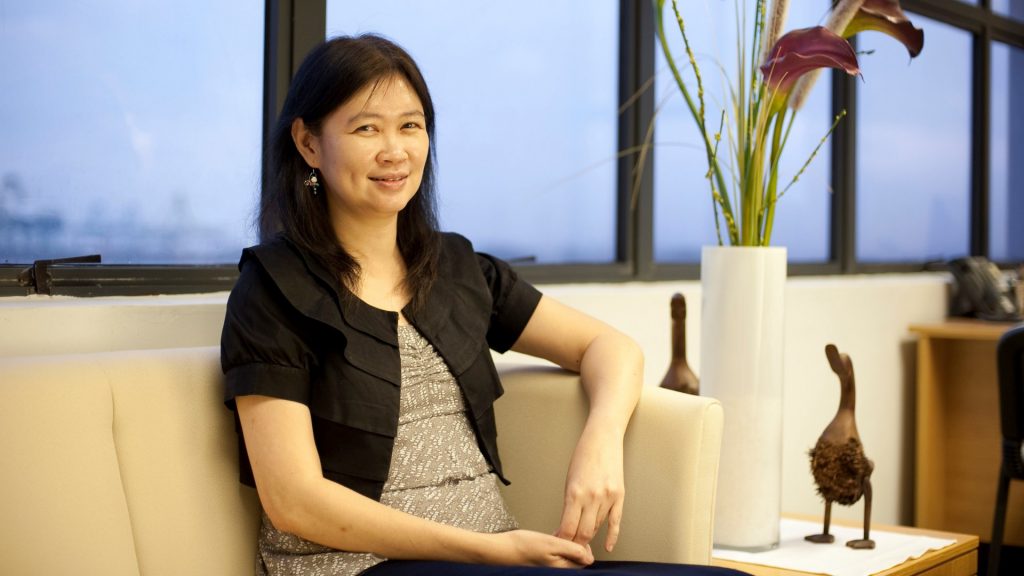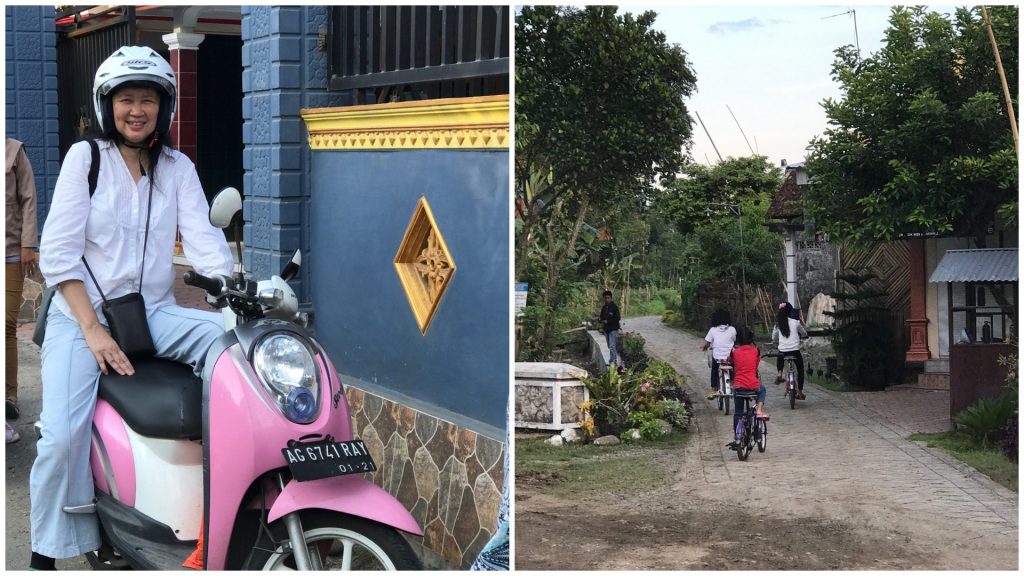Prof Brenda Yeoh Elected to the Fellowship of the British Academy
July 29, 2021
IN BRIEF | 3 min read
-
Professor Yeoh has been teaching and researching at the NUS Department of Geography for more than 30 years, since she joined as Senior Tutor in 1987. The Cambridge graduate obtained her DPhil at the University of Oxford and has published extensively in 35 books and over 230 journal articles.

“I am truly honoured to be elected to the Fellowship of the British Academy and hope to work collaboratively to advance the humanities and social sciences, said Prof Yeoh, Raffles Professor of Social Sciences and Director for Humanities and Social Science Research at the NUS Office of the Deputy President (Research & Technology).
Fascination with transnational migration
A human geographer by training, Prof Yeoh is a scholar of transnational migration and mobilities in the context of Asia and Research Leader of the Asian Migration Cluster at the Asia Research Institute, NUS.
“Migration is an inherently geographical subject and what always fascinates me is the tension between human aspirations for social and physical mobility on the one hand, and nationalist tendencies towards closing ranks against so-called outsiders on the other. Yet, as Singapore’s place in the course of history demonstrates, people of migrant and non-migrant backgrounds join in common struggles, shared aspirations and forms of convivial meaning-making,” said Prof Yeoh about her interest in the research on migration.
Prof Yeoh has been teaching and researching at the NUS Department of Geography for more than 30 years, since she joined as Senior Tutor in 1987. The Cambridge graduate obtained her DPhil at the University of Oxford and has published extensively in 35 books and over 230 journal articles.
Her expertise has also been much sought after. She is the editor of Asian Population Studies, co-editor of Population, Space and Place and is on the international advisory boards of migration journals such as International Migration Review, International Migration, Migration Studies and Journal of Ethnic and Migration Studies as well as several major geography journals.
In Singapore, she currently chairs the Heritage Advisory Panel of the National Heritage Board and has served on other government boards and committees, such as the Urban Redevelopment Authority Board and the National Council on Problem Gambling. Beyond Singapore, she was recently appointed as Migration Research and Publishing High-Level Adviser of the International Organisation of Migration (IOM) as well as Council Member of the United Nations University.
In recent years, Prof Yeoh has been working on three interrelated strands on her research work: migration-led diversification, cosmopolitanism and spatial politics; human aspiration, care migration and social reproduction among migrant households in Southeast Asia; and migration infrastructures and transnational mobility of migrant workers at various skill levels.
The CHAMPSEA project
Amongst what she counts as her most significant work to date is the research project “Children and Migrant Parents in South-East Asia (CHAMPSEA)”, a decade-long study which started in 2008.

With the increasing feminisation of migration in Southeast Asia in response to the growing global demand for women’s care labour, the health and well-being of children left behind in their home countries have become a prominent concern. Prof Yeoh’s research team examined the comparative impacts of paternal and maternal migration on left-behind children, aged three to five years and nine to 11 years, in Indonesia, the Philippines, Thailand and Vietnam. It was the first large-scale study, covering about 4,000 migrant and non-migrant households, which gave attention to the links between temporary migration, gender dynamics and social reproduction in Southeast Asia.
The study suggested best practices and recommendations to minimise negative impact on these children, such as establishing support mechanisms for family members left behind, enhancing social protection and safety nets for low-waged migrants and improving communications infrastructure especially in remote areas for better communication access between migrants and their families.
“For me, this study is the perfect example of how migration links the fates and fortunes of nation-states, communities, families, those who move and those who stay. The current pandemic has not only disrupted these interlinkages, but compels us to reimagine a more sustainable role for migration in the long shadow of COVID-19, and whether we can do things differently with greater attention to our inextricably entwined destiny.”
More to come
Prof Yeoh is excited about her next project which she will be working together with a research team at ARI. The study focuses on the emergent tertiary education spaces and circuits of mobility among youths in Southeast Asia in the light of China’s Belt and Road Initiative.
“This project brings together through a bifocal lens, the geopolitical forces that shape the region and young people’s aspirations for educational mobility. China’s rise needs to be studied not only by focusing on economic and infrastructural developments but by attending to the mobility of people and ideas in reshaping knowledge spaces of aspiration and opportunity. For a migration scholar, it is in these emergent spaces of encounter and mobility that we glimpse the world-that-is-to-come.”
This story first appeared on NUSnews on 29 July 2021.

